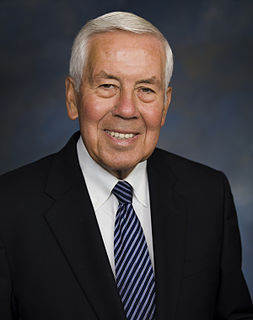A Quote by Lee Myung-bak
The North Koreans have gained, or bought, a lot of time through the six-party-talks framework to pursue their own agenda.
Related Quotes
The North Korean Communists are implacably pursuing their military buildup in defiance of the international trend toward rapprochement and of the stark reality of the Korean situation, as well as of the long-cherished aspiration of the 50 million Koreans. The North Koreans have already constructed a number of underground invasion tunnels across the Demilitarized Zone.
There is reason to say that negotiations with the North Koreans are not easy, they may not succeed, but they may be a way of getting to where we want to get to, limiting the capability of the North Koreans to do harm to us and our allies without the use of military force and without the risk of a major war in Northeast Asia.
Through panel moderations and talks around culture, politics and identity I gradually gained opportunities to write in my own voice and not that of the brand. I'm interested in a lot of the languages that drive our culture. I'm interested in user experience as language or how societal malaise takes root. So through essays and short stories I began exploring some of these things.
In contrast, Western historians, and those in South Korea, say the North attacked the South on June 25, 1950. Both sides agree that after the war began, the North Korean Army captured Seoul in three days and pushed as far south as Pusan before American troops arrived to drive back the North Koreans nearly as far north as the border to China.










































